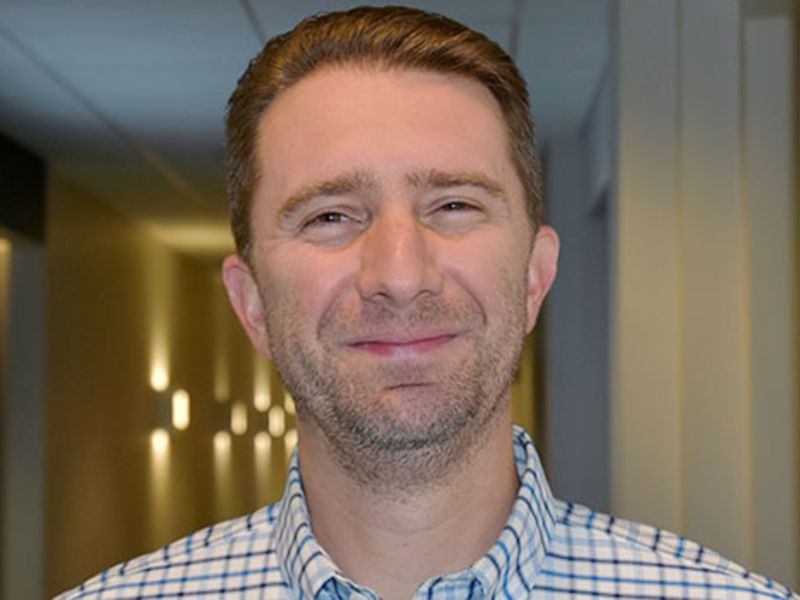
People in the self-driving tech industry have long been fascinated with a psychological thought experiment known as the trolley problem, in which participants must make ethical choices among grim fictional scenarios.
Standing beside a lever that could alter the path of a runaway trolley, should you let it continue unabated and run over five people tied to the tracks ahead? Or save those five people by throwing the switch, and instead sacrifice two bystanders who otherwise wouldn’t have been harmed?
Various permutations of the trolley problem exist, and the latest comes from an unexpected place: the outgoing White House administration.
In his final hours as president, Donald Trump issued a pardon to Anthony Levandowski, the self-driving engineer who pleaded guilty to a single count of stealing a trade secret from Google and bringing it to his new job at Uber.
A White House announcement of the pardon noted “his sentencing judge called him ‘a brilliant, groundbreaking engineer that our country needs.’ Mr. Levandowski has paid a significant price for his actions and plans to devote his talents to advance the public good.”
U.S. District Court Judge William Alsup also called Levandowski’s misdeed “the biggest trade-secret crime I have ever seen,” but that did not make the White House press release.
Levandowski stood to be tried on 33 counts related to the theft of 14,000 documents concerning development of lidar sensors, which help self-driving vehicles detect their surroundings and perceive obstacles in their path. He faced a maximum prison term of 10 years. With Levandowski pleading to the single count, Alsup sentenced him to18 months in prison.
But Levandowski never served a day. At the time of the ruling, COVID surged through California’s prison system, and Alsup ruled that Levandowski could serve after the pandemic.
Alsup spared Levandowski the prospect of prison, mitigating his COVID risk. Trump ensured he would face no hard time at all.
Which brings us to this peculiar iteration of the trolley problem. Might pardoning Silicon Valley’s best-known white-collar criminal, a man who’s been painted as almost a cartoonish villain, actually result in a greater good? He might be among a small handful of the dozens pardoned who could make that argument.
Self-driving systems have been pitched as a cure to the 1.3 million traffic deaths worldwide every year. Whether the technology eradicates even half those deaths, of course, remains to be seen in the distant future. But the promise surely exists, and Levandowksi is one of the engineers who helped take the foundational technology from a science experiment and mold it into a commercial product.
More recently, he’s poured his efforts into making advanced driver-assist systems for trucks.
“If you think self-driving is happening next week, go work on that, but if you think it’s not happening for another 10 years, look at these incremental steps,” he told Automotive News in March while awaiting sentencing. “ADAS is saving lives.”
That’s a sentiment upheld by December figures from the Insurance Institute for Highway Safety, which reported that forward-collision warning installed in large trucks resulted in 44 percent fewer front-to-rear crashes in vehicles equipped with the systems compared with those without it. Vehicles equipped with forward-collision warnings plus autobrake had 58 percent fewer front-to-rear crashes.
Levandowski stepped aside as CEO of Pronto, the trucking-tech company he co-founded following his tumultuous run at Uber, when he was indicted. Since the pardon, it’s unclear what his role will be. In a statement, the company said “while the decision does not impact the day-to-day operations of Pronto, we are happy for Anthony and continue to support him and his family.”
Down the road, Pronto’s driver-assist technologyno doubt made better by Levandowski’s expertisewill be deployed on tractor-trailers trawling roads across America. If his contributions someday result in 1,000 lives saved, will the pardoning of Silicon Valley’s most notorious trade-secret thief have been deemed worthwhile? How about a dozen lives saved? One?
The self-driving industry’s much-discussed trolley problem has finally found a practical application.